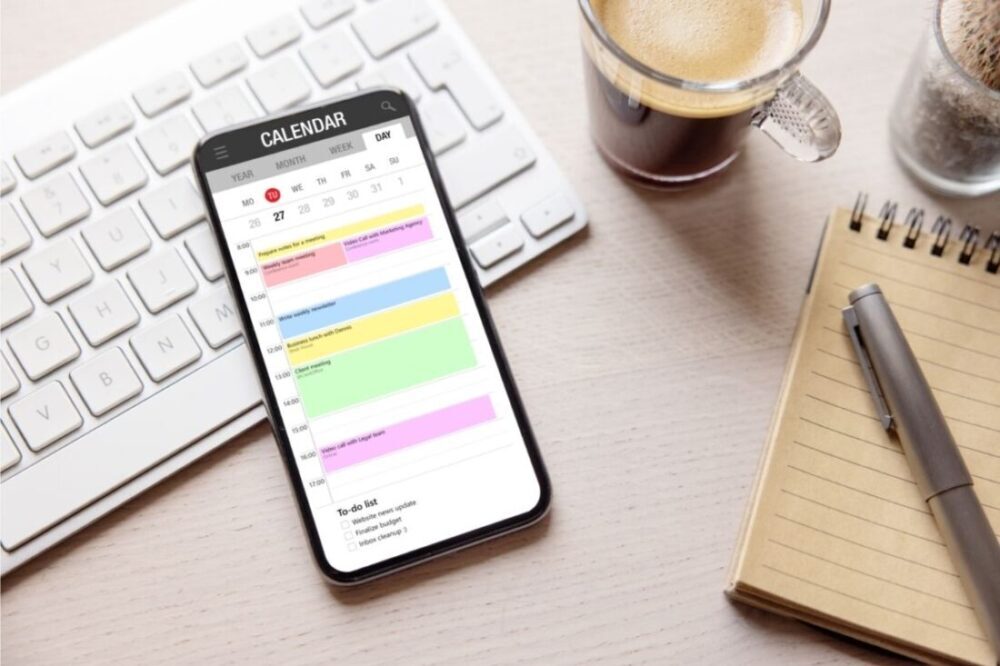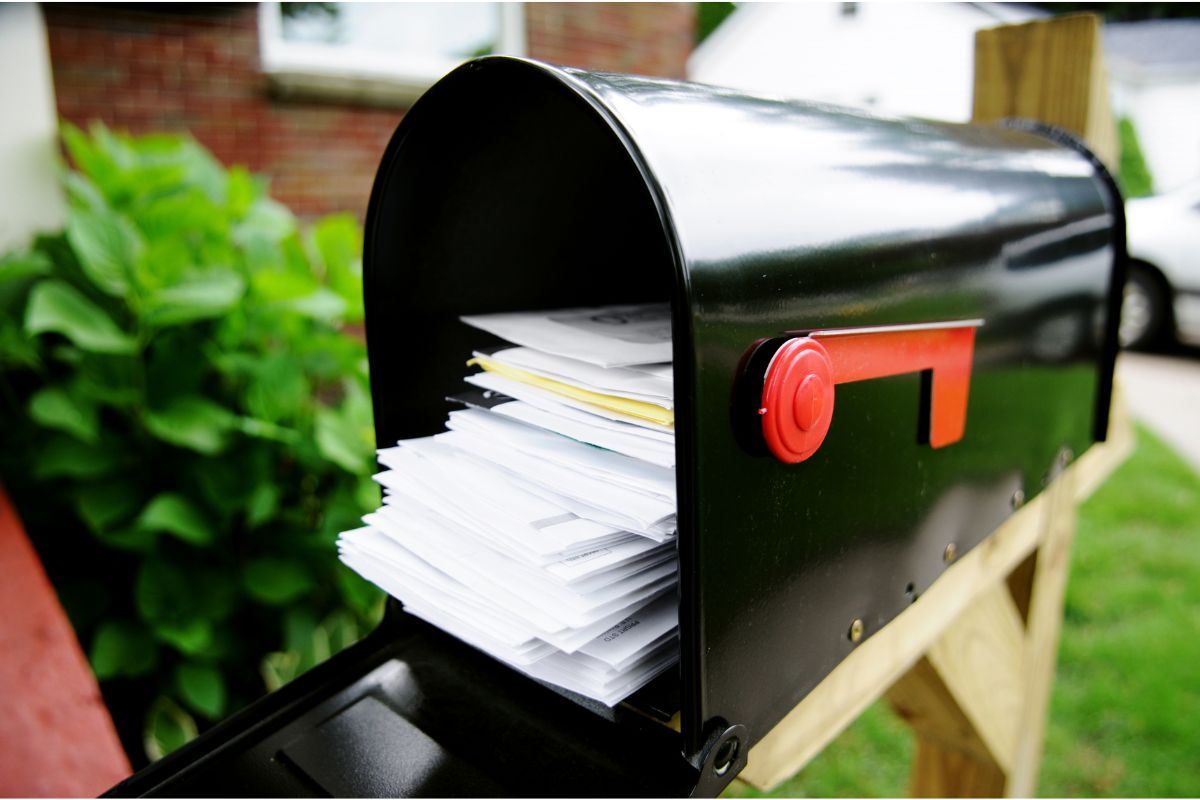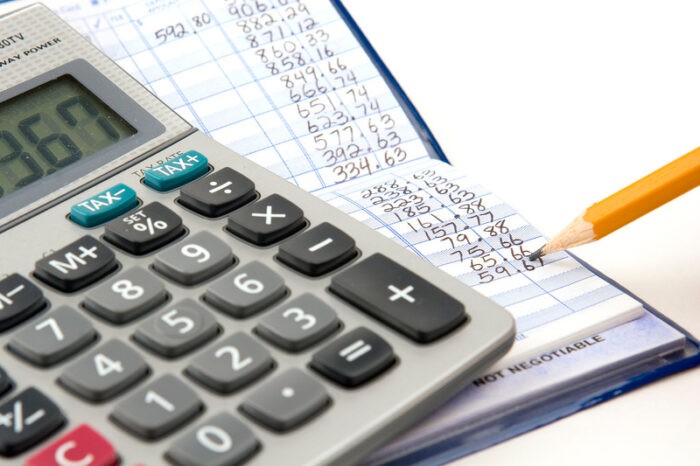Finances. Budgeting. Money.
No matter how you coin it, dealing with the financial needs of yourself, your family or your business is a huge source of stress for many people. So much so that many people often avoid organizing their finances and wind up with a huge mess they don’t know how to untangle.
This, of course, adds to your stress and makes you like dealing with it even less. While we can’t take away all your stress and are not financial advisors, we can help you create a system to organize your financial matters and perhaps alleviate some stress.
Read: 8 Ways to Be Money Smart

How to Organize Your Finances
Set a schedule
Regularly entering your financial data into accounting software or balancing your checkbook, whether it’s daily or weekly, is essential for more than just tracking your income and expenses. It’s a vital part of effective budgeting. Keeping up with this task helps you understand where your money is going, how much you have and aids in making informed budget decisions. This consistent approach can prevent the overwhelm that might come from tackling your finances only monthly or annually.
Find and use software
Quickbooks is popular but can be challenging for non-accounting minds. It’s also a bit pricey for some people. Thankfully, many free options will connect with your bank account(s) and allow you to track your spending and income in ways that make sense. Wave is one of our favorites, as it works for business and personal expenses.
- Check out our post on Budgeting Tools – Beyond Mint: Top Apps for Smart Financial Planning.
Use email folders
Online shopping makes it easy to hit the delete button when your order confirmation arrives. However, remember that order confirmation functions as your receipt. So, if you’re purchasing something that could be a tax write-off, it might be better to save it in an email folder you create for that purpose. Then, you can print or forward all those email receipts and provide them to your tax preparer at tax time.

Know what to save and for how long
If you’re like most people, you get more “junk” mail than you know what to do with. When you see something financial-related, it winds up in a pile. The truth is, you likely don’t need to save most of those. Talk with a tax professional or financial advisor to be sure before you toss anything. Then, when you discard the financial mail, you don’t have to worry about keeping it, and you might be surprised how much smaller and more manageable the pile becomes!
Unwanted junk mail? PaperKarma can help. It really works!
Ask for help organizing!
If you’re still feeling overwhelmed, ask for help from someone who knows how to organize financial data and has been trusted to do so for over 30 years…True Assisting! We’d love to help you regain control of your financial life.
👉 Want More Expert Tips? Subscribe to our bi-weekly newsletter for the latest updates, insights, and valuable resources tailored just for you. Subscribe Now.




